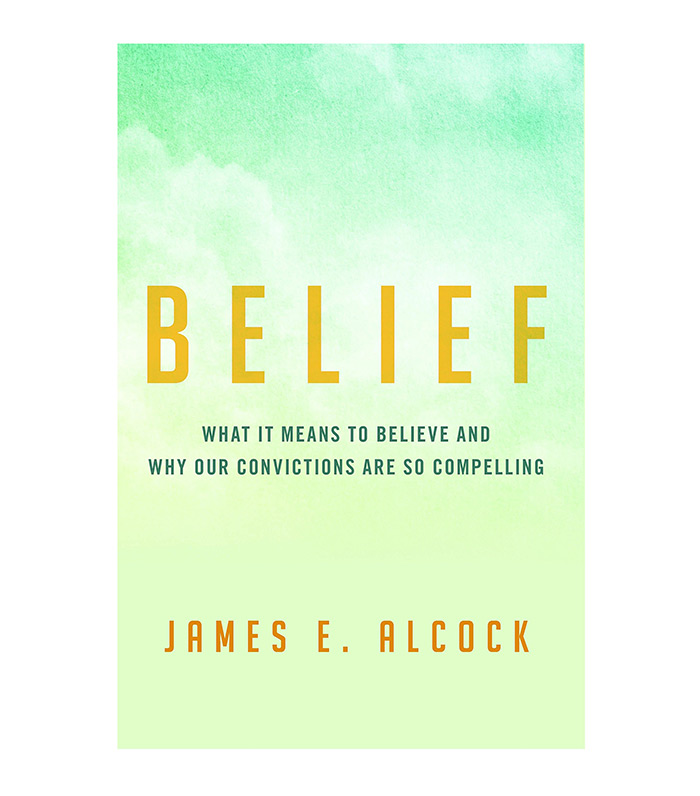This Is Why We Believe in Superstitions, According to a Psychologist
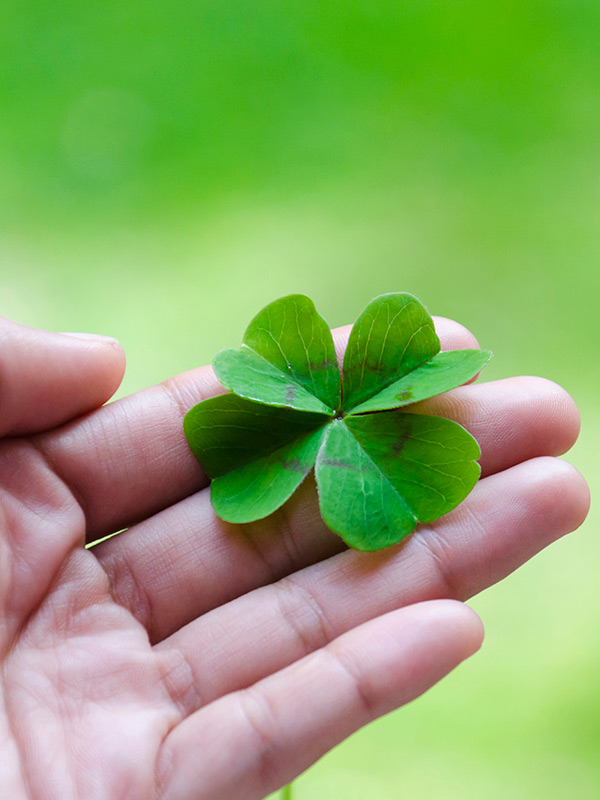
Avoiding walking under a ladder at all costs. Knocking on wood after saying something so you don't jinx yourself. Closing umbrellas before you step inside a room. Being extra careful on Friday the 13th. The list of superstitions goes on and on. If you've ever done these things, have you ever stopped and thought, Why do I believe in them?
Even if some superstitions seem to have no rhyme or reason, quite a few of us believe in them. According to a 2014 YouGov poll, 13% of Americans said they were superstitious, but 35% of those polled also said that they considered picking up a penny good luck. The same poll found that young people (aged 18 to 29) were more likely to consider themselves superstitious—18% of those polled said they were, compared to 15% of people aged 30 to 44, 11% of people aged 45 to 64, and 6% of people aged 65 and over.
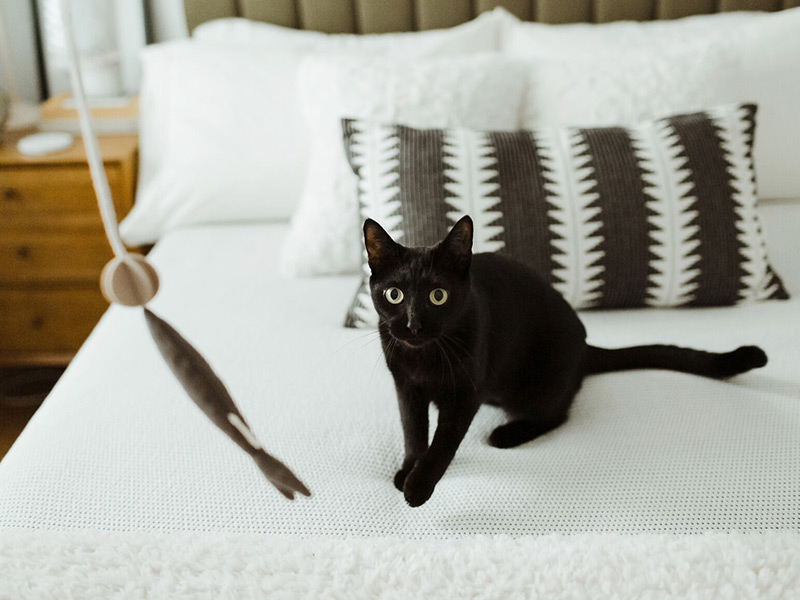
While these superstitions might seem irrational, people still believe in them, even when they know they're impossible, or even illogical. "Traditionally, research on superstition and magical thinking has focused on people’s cognitive shortcomings, but superstitions are not limited to individuals with mental deficits. Even smart, educated, emotionally stable adults have superstitions that are not rational," Jane L. Risen, PhD, a professor of behavioral science at the University of Chicago Booth School of Business wrote in a Psychological Review article. Risen argued that people often acquiesce to these intuitive beliefs rather than rational thinking because they're powerful, and the cost or effort to believe in and act on them is very low. Knocking on wood doesn't take much work, and steering clear of a ladder might mean you have to walk a few more steps, but that's about it.
James E. Alcock, PhD, author of Belief: What It Means to Believe and Why Our Convictions Are So Compelling and professor of psychology at York University in Toronto, believes there are two reasons people adhere to superstitions: cultural and personal. "Many superstitions are taught to children within a given culture. Think for instance of the old superstition about a black cat crossing your trail bringing bad luck, or spilling salt or breaking a mirror doing the same. These are superstitions that go back many centuries. We learn these superstitions from parents and our culture," he says.
On the other side, personal superstitions come from experiences. He gives the example of a baseball player who always wears red underwear before an important game. "Such superstitions are learned because of some important coincidence," he says. "For example, the baseball player happened to be wearing red underwear when he hit a home run. The brain 'learns' that red underwear and home runs are associated, even though there is no association. All that is needed to maintain the association is occasional further instances of home runs when wearing red underwear. The most enduring associations occur when such intermittent 'reinforcement' of the association occurs."
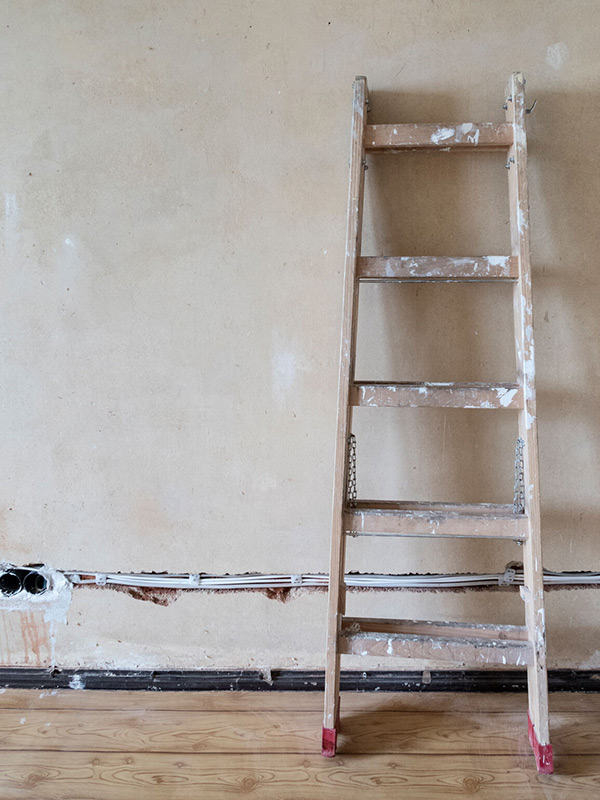
While just about anyone can believe in superstitions, Alcock posits that the people who are more likely adhere to superstitions are those who learned them while growing up. "People who have grown up in families or cultures where they are taught to trust their intuitions, or who are not taught much about critical thinking, are more likely to embrace superstitions," he says.
But what about the pros and cons of believing in superstitions? "Some superstitions when heeded give a boost to self-confidence and thereby help the person find realistic solutions to problems," Alcock says. He gives an example of a woman being chased by a bear and fearing she will be killed—she remembers a lucky amulet her grandmother gave her, which gives her the belief she will survive and calms her so she can find a realistic way to escape the bear.
Bear attacks aside, this line of thinking makes sense. If you have a "lucky" outfit and wear it to a job interview, your belief in it might give you the confidence to perform well. Kind of like the lucky red underwear scenario above.
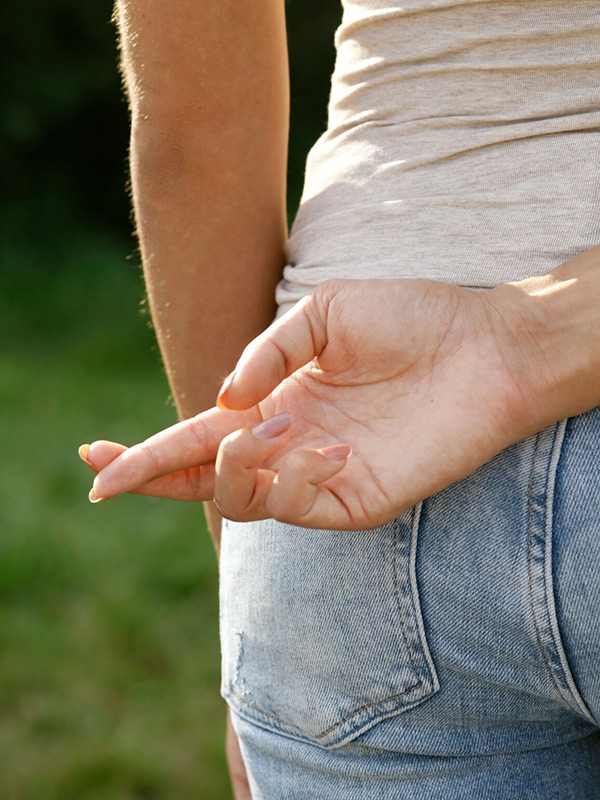
"As for cons, many superstitions arouse anxiety, and if this is frequent or severe, this can have very negative effects on well-being," Alcock says. If it's disrupting your ability to go about your daily life, you might need to seek professional help to help overcome any anxiety or fears.
It's tough to change your belief in superstitions, but you can learn how to balance magical thinking and reality. "Magical thinking occurs automatically in various situations and it can have so powerful an effect that it overwhelms reason," Alcock says. "We cannot turn it off, but we can learn to recognize it for what it is and then do our best to ignore it and rely on reason for assessing reality." That might require some introspection and thinking about how these beliefs are affecting you, good or bad.
Next up: Why You Should Add Tarot to Your Self-Care Routine
This article is provided for informational purposes only and is not intended to be used in the place of advice of your physician or other medical professionals. You should always consult with your doctor or healthcare provider first with any health-related questions.
Sarah is lifestyle writer and editor with over 10 years of experience covering health and wellness, interior design, food, beauty, and tech. Born and raised in Los Angeles, she attended New York University and lived in New York for 12 years before returning to L.A. in 2019. In addition to her work atBest Knockoff Luxury Clothing , she held editor roles at Apartment Therapy, Real Simple, House Beautiful, Elle Decor, and The Bump (sister site of The Knot). She has a passion for health and wellness, but she especially loves writing about mental health. Her self-care routine consists of five things: a good workout, “me” time on the regular, an intriguing book/podcast/playlist to unwind after a long day, naps, and decorating her home.
